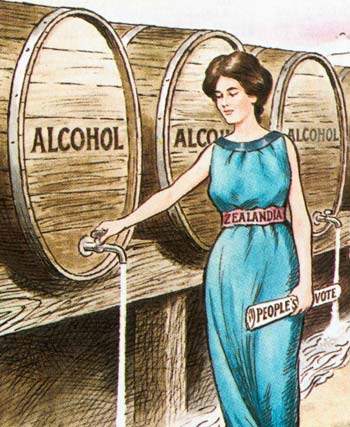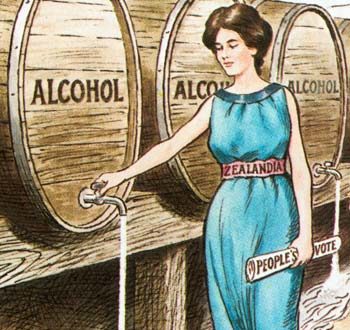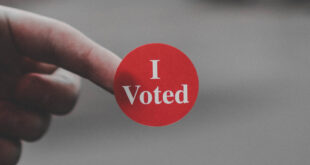I was at dinner some time back, and the only one not working in the same field as the other nine at the table. The reason for the dinner was because one of them was retiring. He was looking forward to writing some children’s stories, and knowing I was a writer, was keen to learn what I did on an average day. It was a perfect opening, but instead of just telling everyone how I had spent the previous afternoon, I turned the tables and asked questions.
How important is historical accuracy to a novel? Well, a lot it would seem going by the answers.
What if the author invented characters to fit around people who did exist at that time? Well, that’s okay, as long as everything else is accurate.
Does that mean an author can’t invent a castle or house, a town or village, or a river to suit the setting? No, of course you can make things like that up…
In essence, what these readers wanted was historical authenticity. So while characters, places and events could be invented, if real people and events were mentioned, they had to fit with what was commonly known about them. A house with electricity in the 19th century wouldn’t cut it, neither would fashion, transport or food faux pas, or Napoleon turning up during the Wars of the Roses and other such details that would be equally out of tune with the times.
All of which brought me back to what I had been doing. I had been researching the late 1880s in Australia. What would two women – one, a publican (and yes, they did have women publicans holding licences then) and the other a barmaid – have been drinking?
Should it be brandy, gin, sherry or beer? And if they chose beer, would it have been chilled?
Do you know?
 My questions created quite a bit of discussion. Everyone knew about the first shipment of refrigerated meat being sent on the ship ‘Dunedin’ from New Zealand in 1882, but was domestic refrigeration available in 1886? Just as many knew about the accessibility of spirits, and guessed beer would be readily available, but no one could decide what choices the two women would make.
My questions created quite a bit of discussion. Everyone knew about the first shipment of refrigerated meat being sent on the ship ‘Dunedin’ from New Zealand in 1882, but was domestic refrigeration available in 1886? Just as many knew about the accessibility of spirits, and guessed beer would be readily available, but no one could decide what choices the two women would make.
I had spent an entire afternoon, reading about Australian pubs, food timelines, cookery books, and other such historical documents searching for what would turned out to be one words. What sort of glass, what type of drink and was it chilled?
What would you choose?
And how important are details like this to your enjoyment of reading historical novels?
By Vicky Adin,
Author & book lover.









Join the Discussion
Type out your comment here:
You must be logged in to post a comment.